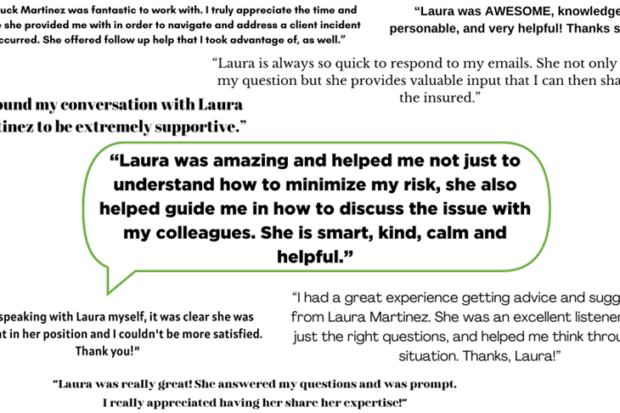Over 4.5 million people in the U.S. were receiving home health care in 2015, a number which is estimated to have grown dramatically in recent years, especially since the start of COVID-19. An already tapped workforce has only become more necessary in recent months, as care for those with suspected and confirmed COVID-19 remain at home, as well as those recovering from the virus. However, unlike many other health professions, home health workers spend extended periods of time with a patient which increases their risk for contracting the virus.
Home health workers are also particularly vulnerable because of their demographics. Nearly 60% belong to racial or ethnic minority groups with disproportionately higher rates of illness and death from COVID-19 and more than 1 in 4 have no health coverage for themselves.
A recent study on home healthcare professionals in New York City reported that a shortage of PPE and a heavy reliance on public transportation made an already stressful situation even worse, however were unable to stop working because of the economic strain it would place on their families. Home health workers are suffering from many of the same mental health impacts of COVID-19 as other healthcare professionals, but are frequently overlooked.
Due to the unique role home health workers play in their patients’ lives, they are also exposed to more of the inner dynamics of a household. Substance abuse and domestic violence have risen dramatically during the outbreak, as well as depression and anxiety, which place increased stress on many households and make home healthcare professionals who may be working these environments at risk of not only contracting COVID, but also to violence and unsafe situations.
To alleviate much of the stress placed on home health workers, an increase in staff and training is necessary to prepare professionals for the demand and unique situations that COVID-19 has caused. Additionally, lean on your agencies to support you in unsafe situations and help you navigate an ever-changing workplace environment.
In addition to leaning on your agency resources, arm yourself with knowledge of the uniquely challenging aspects of home healthcare and how to combat common risky situations such as animals in the home or home violence. Watch the videos below to learn more about home health risks.



